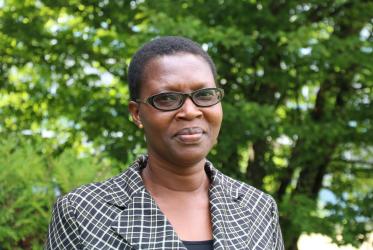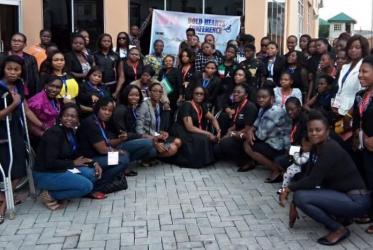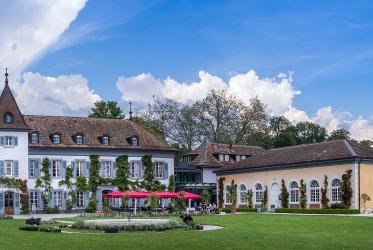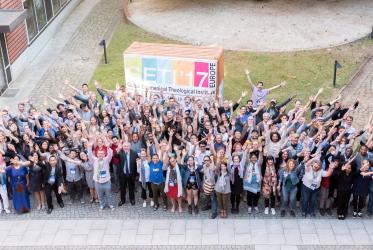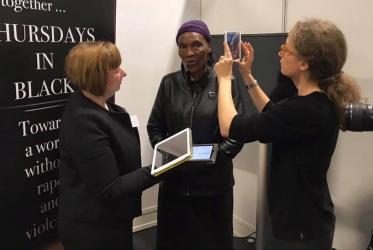Displaying 141 - 160 of 251
10 August 2017
Religion meets science in forum at WCC
09 August 2017
WCC students study what makes a peace communicator
18 July 2017
Nigerian breaks down stereotypes on Muslims
13 July 2017
A communicator on the move
10 July 2017
“We are to pass on the mantle”
31 May 2017
G7 must address famine
22 May 2017
Youth engagement fundamental to HIV response
18 April 2017
On World Water Day, we ask: “why waste water?”
22 March 2017



